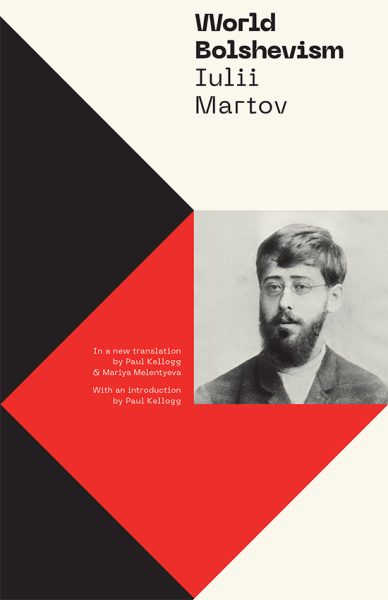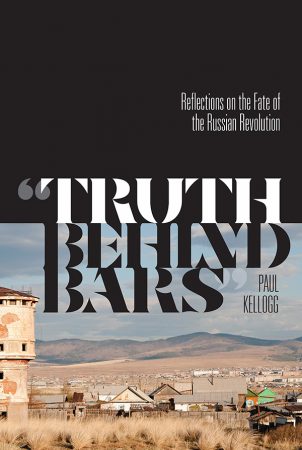Subjects: History, Political Science, Political Theory, Russian History
Imprint: AU Press
- 9781771992732 (paperback)
- 9781771992749 (pdf)
- 9781771992756 (epub)
Beginning in 1903, the Russian Social Democratic Labour Party was divided into opposing sections, one led by Vladimir Lenin, the other by Iulii Martov. Until 1917, both Lenin and Martov were equally prominent figures in Russian politics. Martov, an anti-war socialist intellectual from a Jewish background, wrote prolifically for a number of important publications inside and outside Russia. Although the books, articles, and pamphlets written by Lenin during the same period remain readily available today, those by Martov are extremely hard to find in their original Russian or in translation.
Following Martov’s untimely death in 1923, a Russian-language edition of one of his books, World Bolshevism, was published. But it was only in 2000, after decades of extreme censorship, that parts of the book were legally published in Russia. In English, this work has reached the public in pieces, often as a part of pamphlets with limited circulation. This edition, which includes an introduction by Paul Kellogg that contextualizes the work and reintroduces Martov as an important thinker to a twenty-first century readership, makes Martov’s work available in its complete form for the first time in a hundred years.
Reviews
With While Martov has been largely forgotten, this new publication of World Bolshevism restores him to his rightful place in socialist history and Marxist theory. This reviewer found World Bolshevism to be the most compelling Marxist tract he had read in 2022, and found that it fully lived up to his initial enthusiasm when he re-read it in 2023. […] Agree with Martov or not, the interested socialist reader will find World Bolshevism a compelling short book.
Science & Society
Table of Contents
- Introduction: The Lost Voice of Iulii Martov / Paul Kellogg
- A Note on the Translation
- Foreword to the 1923 Russian-language Edition
- I. The Roots of World Bolshevism
- 1. Bolshevism as a World Phenomenon
- 2. The Legacy of War
- 3. The Psychology of Bolshevism
- 4. The Crisis of Proletarian Consciousness
- 5. A Step Backwards
- II. The Ideology of “Sovietism”
- 6. The Mysticism of the Soviet System
- 7. Dictatorship of a Minority
- 8. Dictatorship over the Proletariat
- 9. Metaphysical Materialism and Dialectical Materialism
- III. Decomposition or Conquest of the State?
- 10. Marx and the State
- 11. The Commune of 1871
- 12. Marx and the Commune
- Appendix: Marx and the Problem of the Dictatorship of the Proletariat
- Notes
- Bibliography
- Index
This work is licensed under a Creative Commons License (CC BY-NC-ND 4.0). It may be reproduced for non-commercial purposes, provided that the original author is credited.




